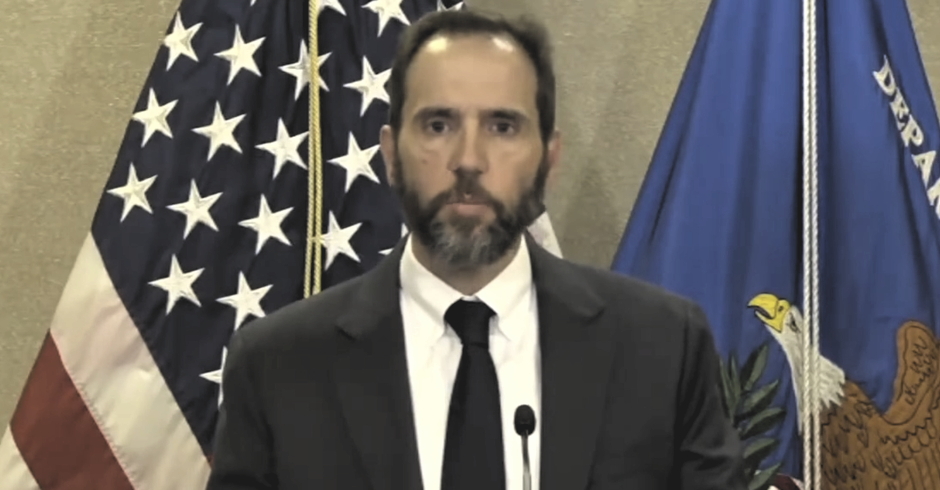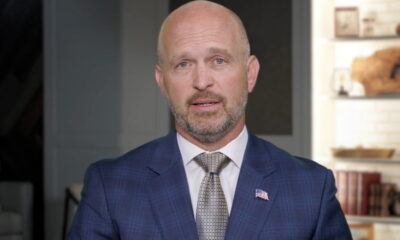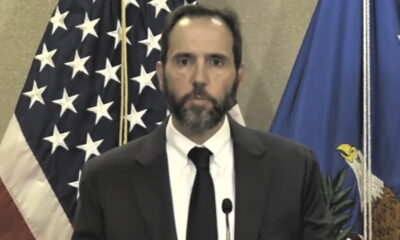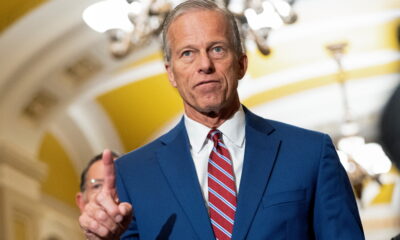President Obama Proclaims Today Is Women’s Equality Day
THE WHITE HOUSE
Office of the Press Secretary
For Immediate Release
WOMEN’S EQUALITY DAY, 2011
BY THE PRESIDENT OF THE UNITED STATES OF AMERICA
A PROCLAMATION
The 19th Amendment to the United States Constitution tore
down the last formal barrier to women’s enfranchisement in our
Nation and empowered America’s women to have their voices heard
in the halls of power. This Amendment became law only after
decades of work by committed trailblazers who fought to extend
the right to vote to women across America. For the women who
fought for this right, voting was not the end of the journey
for equality, but the beginning of a new era in the advancement
of our Union. These brave and tenacious women challenged our
Nation to live up to its founding principles, and their legacy
inspires us to reach ever higher in our pursuit of liberty and
equality for all.
Before the Amendment took effect, women had been serving
our Nation in the public realm since its earliest days. Even
before they gained the right to vote, America’s women were
leaders of movements, academics, and reformers, and had even
served in the Congress. Legions of brave women wrote and
lectured for change. They let their feet speak when their
voices alone were not enough, protesting and marching for their
fundamental right to vote in the face of heckling, jail, and
abuse. Their efforts led to enormous progress — millions upon
millions of women have since used the power of the ballot to
help shape our country.
Today, our Nation’s daughters reap the benefits of these courageous pioneers while paving the way for generations of women to come. But work still remains. My Administration is committed to advancing equality for all of our people. This year, the Council of Women and Girls released “Women in America: Indicators of Social and Economic Well-Being,” the most comprehensive report in 50 years on the status of women in
our country, shedding light on issues women face in employment,
crime, health, and family life. We are working to ensure that
women-owned businesses can compete in the marketplace, that
women are not discriminated against in healthcare, and that we
redouble our efforts to bring an end to sexual assault on
college campuses.
On the 91st anniversary of this landmark in civil rights,
we continue to uphold the foundational American principles
that we are all equal, and that each of us deserves a chance
to pursue our dreams. We honor the heroes who have given
of themselves to advance the causes of justice, opportunity,
and prosperity. As we celebrate the legacy of those who made
enormous strides in the last century and before, we renew our
commitment to hold true to the dreams for which they fought, and
we look forward to a bright future for our Nation’s daughters.
NOW, THEREFORE, I, BARACK OBAMA, President of the
United States of America, by virtue of the authority vested
in me by the Constitution and the laws of the United States,
do hereby proclaim August 26, 2011, as Women’s Equality Day.
I call upon the people of the United States to celebrate the
achievements of women and recommit ourselves to the goal of
gender equality in this country.
IN WITNESS WHEREOF, I have hereunto set my hand this
twenty-fifth day of August, in the year of our Lord
two thousand eleven, and of the Independence of the
United States of America the two hundred and thirty-sixth.
BARACK OBAMA
###

Enjoy this piece?
… then let us make a small request. The New Civil Rights Movement depends on readers like you to meet our ongoing expenses and continue producing quality progressive journalism. Three Silicon Valley giants consume 70 percent of all online advertising dollars, so we need your help to continue doing what we do.
NCRM is independent. You won’t find mainstream media bias here. From unflinching coverage of religious extremism, to spotlighting efforts to roll back our rights, NCRM continues to speak truth to power. America needs independent voices like NCRM to be sure no one is forgotten.
Every reader contribution, whatever the amount, makes a tremendous difference. Help ensure NCRM remains independent long into the future. Support progressive journalism with a one-time contribution to NCRM, or click here to become a subscriber. Thank you. Click here to donate by check.
 |

















